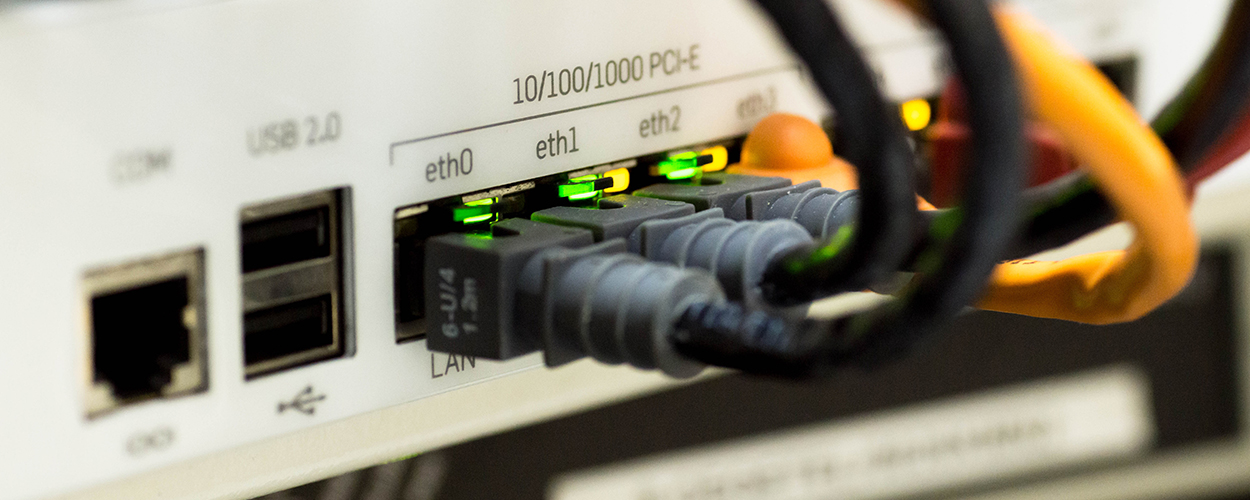This website uses cookies so that we can provide you with the best user experience possible. Cookie information is stored in your browser and performs functions such as recognising you when you return to our website and helping our team to understand which sections of the website you find most interesting and useful.
Business News Digital Legal
VPN ordered to pay $14 million in damages to movie producers in copyright dispute
By Chris Cooke | Published on Friday 1 April 2022

A court in the US has ordered VPN provider LiquidVPN to pay a group of independent movie producers over $14 million in damages for facilitating copyright infringement.
It’s an interesting case in that it makes another entity in the digital supply chain liable for the accessing and sharing of unlicensed content, although LiquidVPN failed to defend itself, so the copyright owners’ arguments weren’t properly tested in court.
The movie producers – many of which are affiliates of Millennium Media – have been busy of late targeted a plethora of internet companies with copyright lawsuits.
They began with internet service providers, following the lead of BMG and the major record companies in arguing that ISPs that do not do enough to deal with repeat infringers among their customer bases cannot rely on the copyright safe harbour in the US Digital Millennium Copyright Act to avoid liability for the copyright infringement of those customers.
However, the film firms have also gone after virtual private networks – or VPNs – which can be used to circumvent anti-piracy measures employed by the ISPs, such as web-blocks.
Although VPNs have entirely legitimate uses too, some copyright owners reckon that the companies that run VPNs should do more to ensure that their services are not used to circumvent anti-piracy measures. Indeed, some VPNs are accused of implying to their customers that they should specifically use their services for that very purpose.
Movie companies, in particular, are more prone to diss VPNs because they can also be used to circumvent the geo-blocking systems that are much more widely used in the film and TV space – so, for example, there are plenty of movies and programmes available on Netflix in the US that are not available to Netflix users in the UK.
And while higher profile VPNs might not seek to imply that their services should be used to circumvent ISP anti-piracy measures, they do often brag about how using a VPN can unlock a load of content on Netflix that is not currently accessible to users in Europe.
So, the movie producers have also sued – or threatened to sue – some VPN companies. Some of those VPNs have reached out of court settlement deals with the producers, at least some of which include a commitment to block certain piracy websites. However, LiquidVPN hasn’t sought to reach any sort of settlement, or even defend itself in court.
The whole legal case was held up for a while because the film firms were also seeking to hold a server hosting company used by LiquidVPN – Quadranet – liable for the infringement, extending liability even further down the supply chain. However, the judge overseeing the case recently ruled that Quadranet was too far removed from the infringement to be held liable.
With Quadranet removed as a defendant on the lawsuit, the movie producers then requested a default judgement in their favour against LiquidVPN, seeking the $14 million in damages.
Earlier this week that request was honoured, with the judge noting that “LiquidVPN defendants have no safe harbour from liability because they fail to implement a policy for terminating repeat infringers and have not registered a DMCA agent with the Copyright Office”.
It’s not clear whether the movie producers will be able to actually get their damages, because the current status of LiquidVPN isn’t clear. Torrentfreak notes that LiquidVPN’s home page has been offline for a few months now, but that “the user panel where people can place new orders still appears to be operational”.
Either way, it’s an interesting development as copyright owners continue to seek to force a wider range of internet companies to take responsibility for restricting and blocking piracy services.





